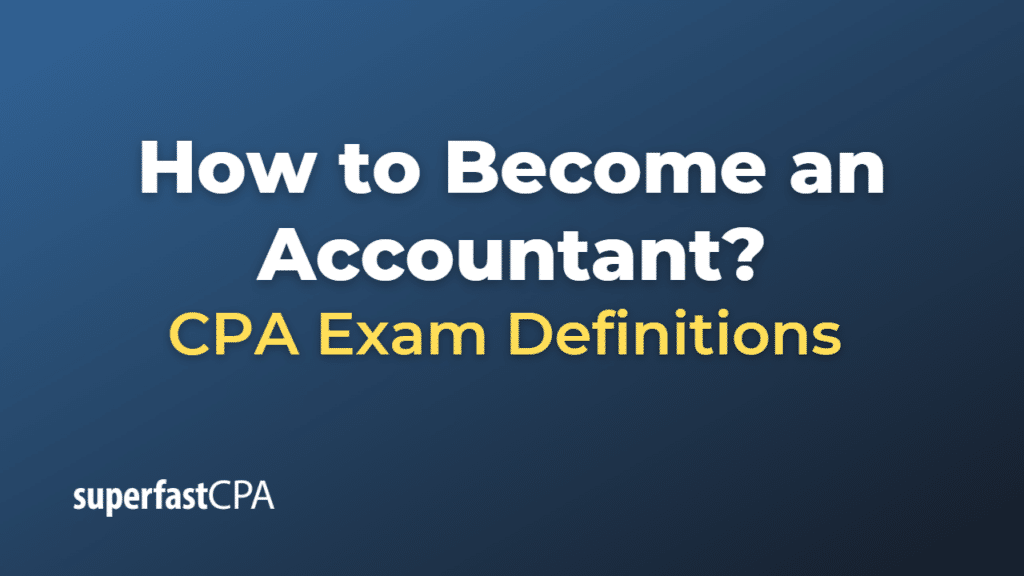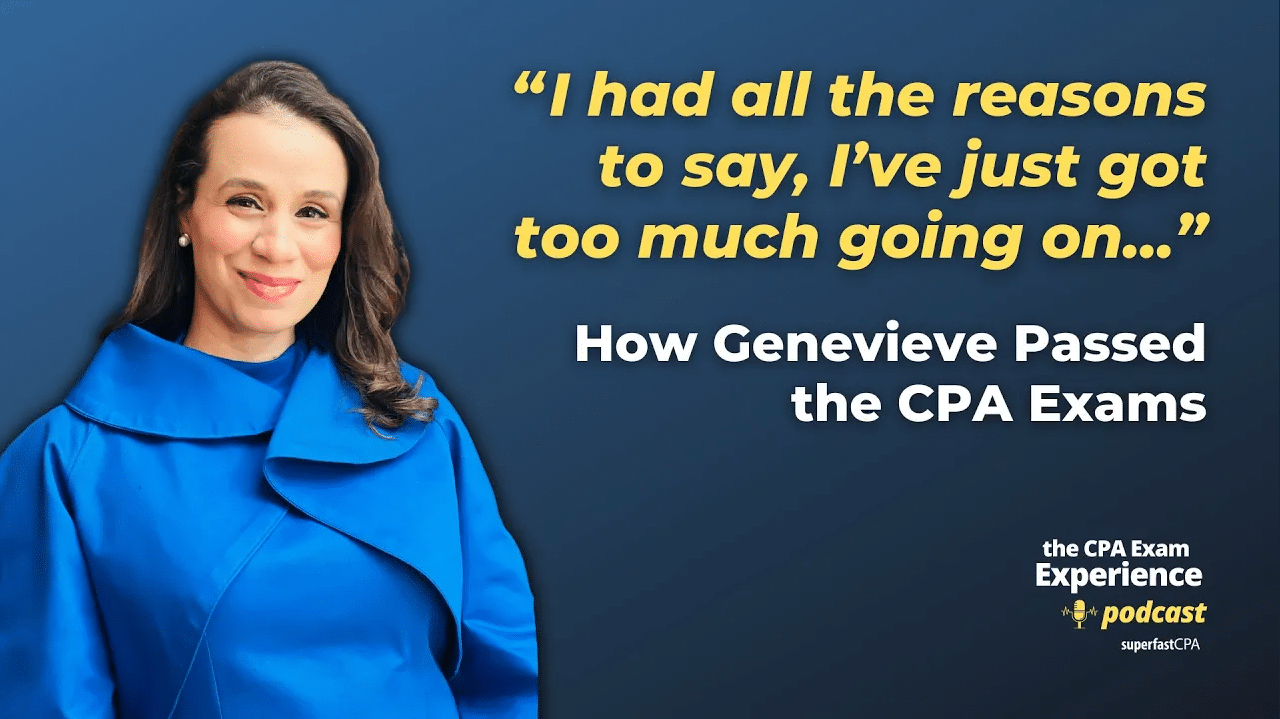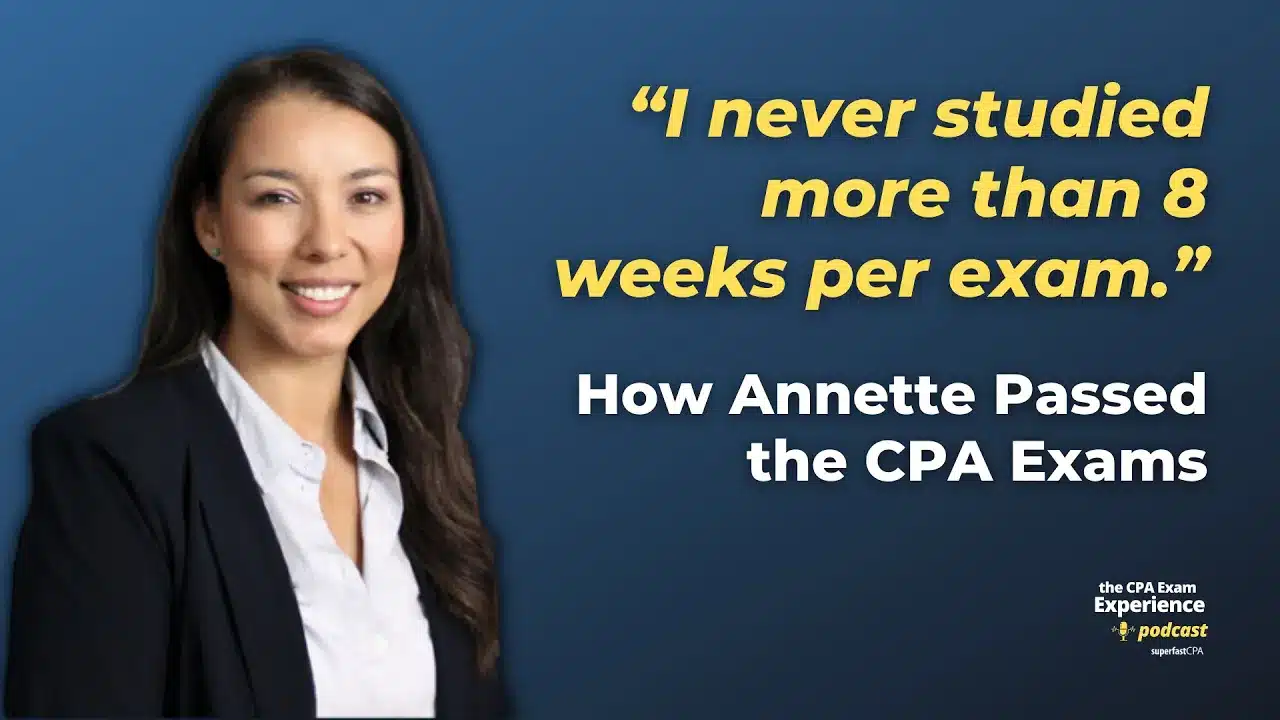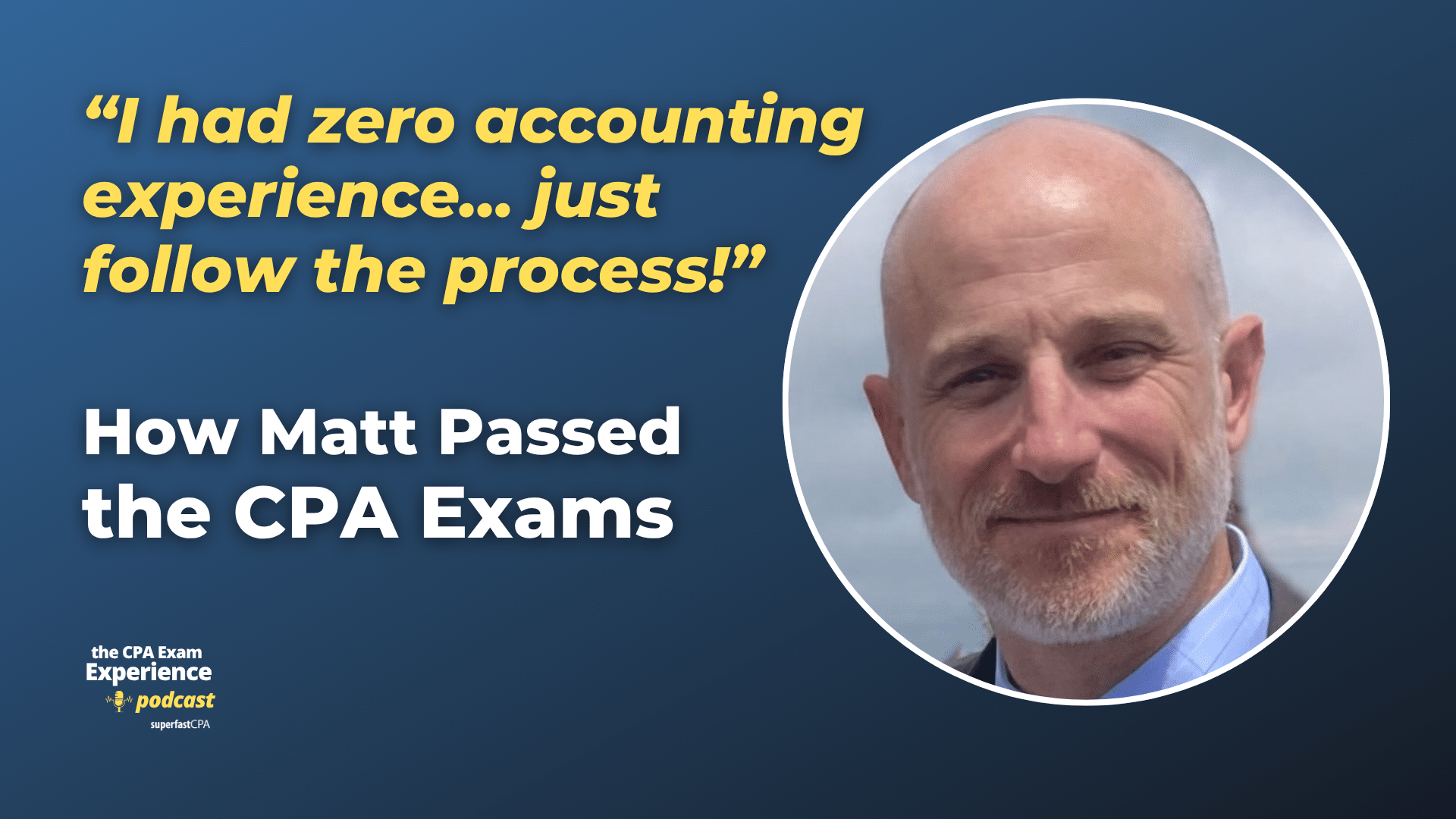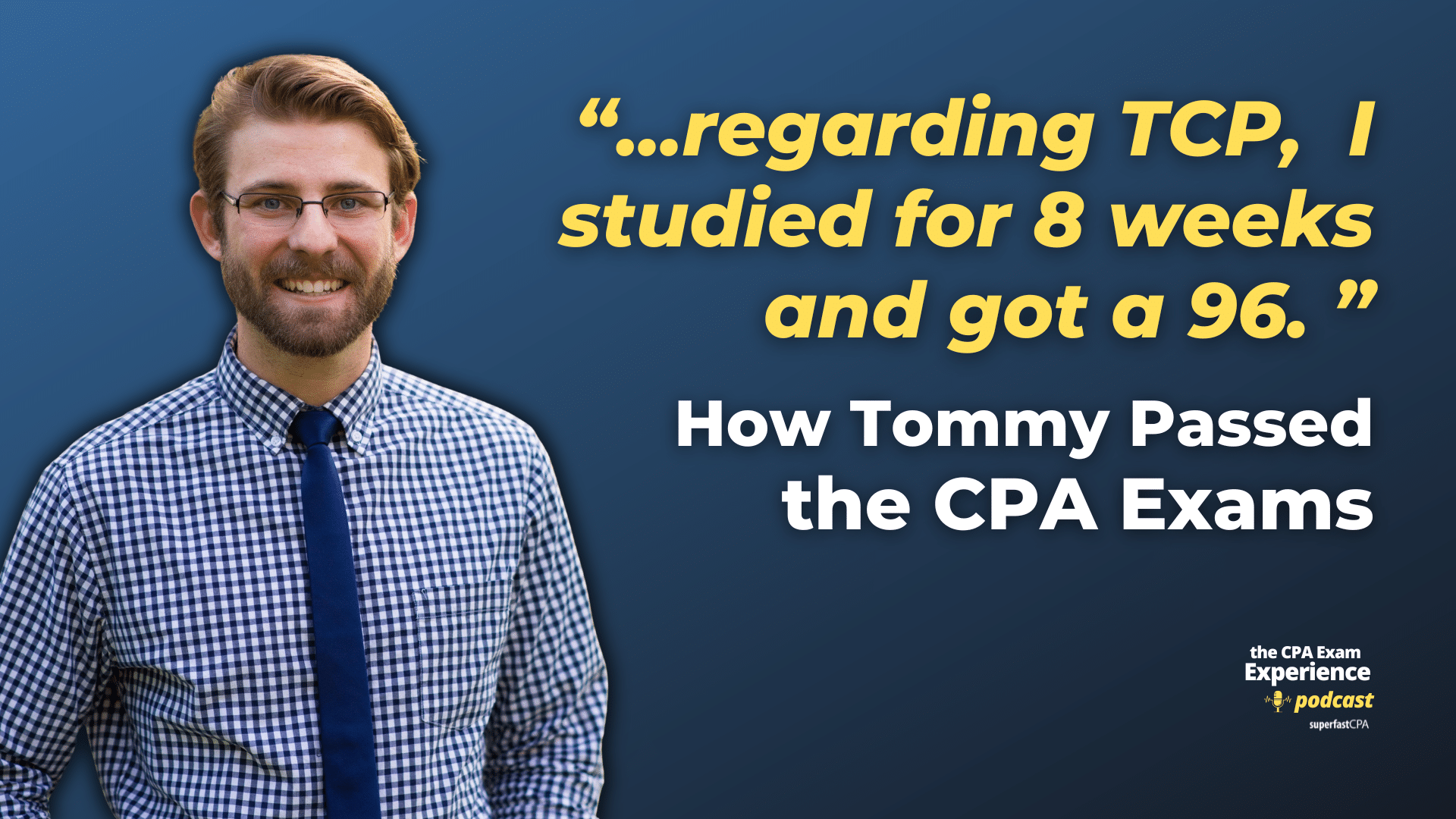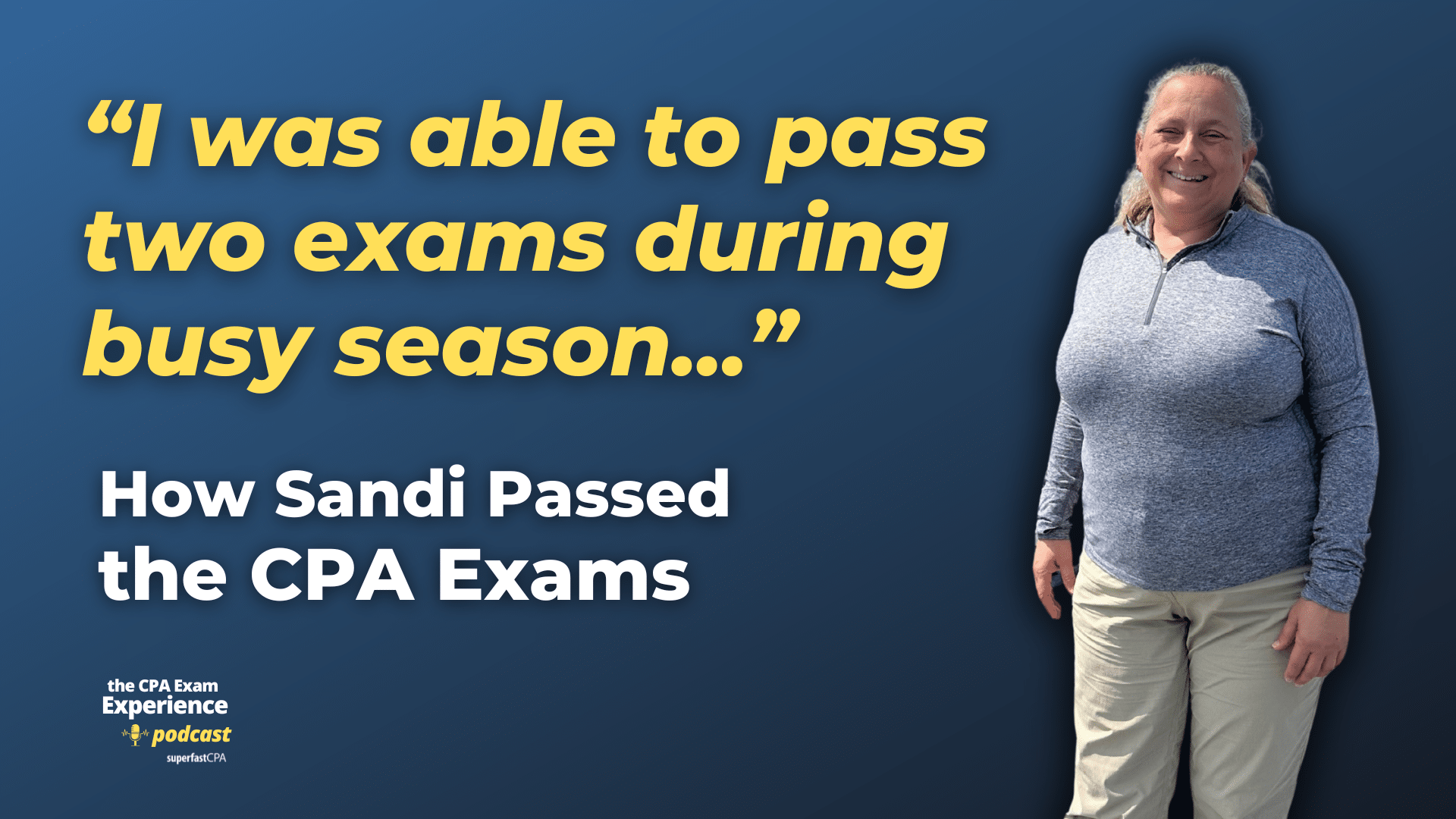How to Become an Accountant
Becoming an accountant involves a number of steps, primarily focused on education and certification. Here are the typical steps involved in becoming an accountant:
- Earn a Bachelor’s Degree: The first step towards becoming an accountant is to obtain a bachelor’s degree in accounting or a related field, such as finance or business administration with a concentration in accounting. These programs usually include courses in financial and managerial accounting, taxation, auditing, and financial statement analysis.
- Gain Work Experience: Work experience in the accounting field, such as internships or part-time jobs, can provide valuable real-world understanding of accounting principles and business operations. It also provides an opportunity to apply the theoretical knowledge you have gained during your degree.
- Obtain Certification: Becoming a Certified Public Accountant (CPA) enhances job prospects and potential earnings. To become a CPA, you must pass the Uniform CPA Examination and meet education and experience requirements, which vary by state. Generally, CPA candidates must complete 150 semester hours of college coursework (30 hours more than a typical 4-year bachelor’s degree) and two years of work experience under the supervision of a CPA.
- Consider a Master’s Degree: Many accountants choose to further their education with a master’s degree in accounting or a Master of Business Administration (MBA) with a focus on accounting. This advanced degree can provide a deeper understanding of complex accounting topics, make you more attractive to employers, and help meet the 150-credit hour requirement for the CPA exam.
- Continuing Education and Professional Development: To maintain the CPA certification, accountants need to complete continuing professional education (CPE) courses regularly. Staying updated with the latest regulations, accounting methodologies, and industry trends is vital in this evolving field.
- Join Professional Organizations: Membership in professional organizations, such as the American Institute of Certified Public Accountants (AICPA), can provide networking opportunities, access to resources, and further enhance your professional credibility.
Keep in mind that requirements may vary by country and state, so you should check the specific requirements in your area. The field of accounting offers various specializations, such as auditing, tax, forensic accounting, or management accounting, each of which may have additional requirements or certifications. Having solid IT skills, especially familiarity with various accounting and financial software, is also increasingly important in this profession.
Example of How to Become an Accountant
Let’s follow a hypothetical person, John, through his journey to become an accountant:
- Earn a Bachelor’s Degree: John decides he wants to be an accountant in his senior year of high school. After graduation, he enrolls in a well-known university and majors in accounting. He studies subjects such as financial accounting, managerial accounting, taxation, and audit over the course of four years.
- Gain Work Experience: During his summer breaks, John takes on internships at different accounting firms. These internships give him hands-on experience and a taste of what it’s like to work in the field.
- Obtain Certification: After earning his degree, John starts working full-time at one of the firms where he interned. He continues to work under the supervision of a Certified Public Accountant (CPA) and starts preparing for the CPA exam. He also takes additional classes at a local college to meet the 150 semester-hour requirement for the CPA certification. After two years, he passes the CPA exam and becomes a licensed CPA.
- Consider a Master’s Degree: With his career progressing well, John decides to further specialize in taxation. He enrolls in a part-time Master’s in Taxation program, balancing his job and studies over the next two years. His advanced degree deepens his understanding of complex tax regulations and makes him more valuable to his firm.
- Continuing Education and Professional Development: As a CPA, John regularly completes continuing professional education (CPE) courses to stay up to date with the latest changes in accounting standards and tax laws.
- Join Professional Organizations: John becomes a member of the American Institute of Certified Public Accountants (AICPA), which provides him with networking opportunities, access to resources, and enhances his professional credibility.
By following these steps, John successfully becomes a CPA and develops a specialization in taxation. His story serves as an example of one possible path to a career in accounting. Individual paths may vary based on personal interests, opportunities, and the specific requirements of different regions and accounting fields.

